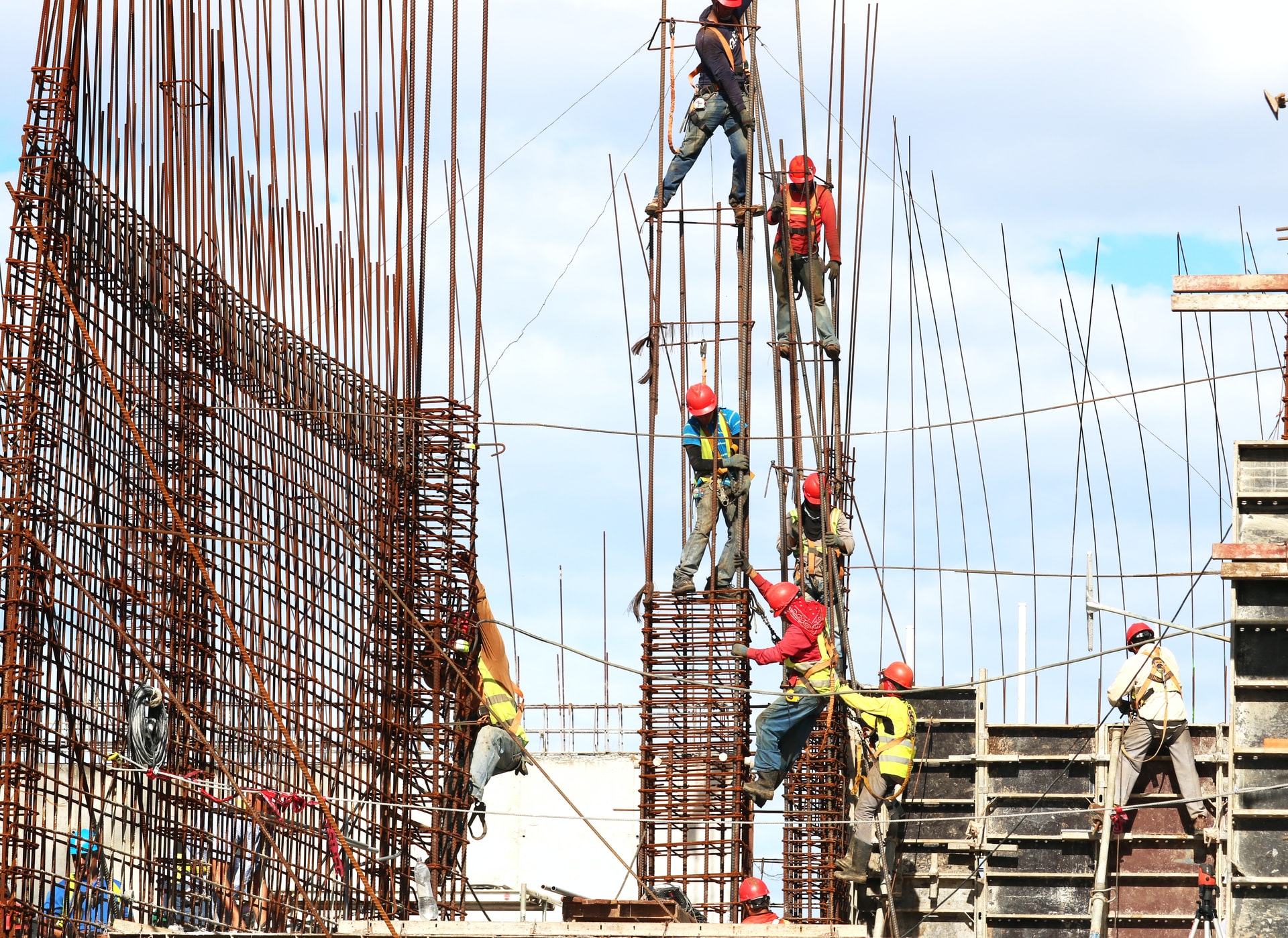President Cyril Ramaphosa delivered the SONA to a hybrid joint sitting of the two houses of Parliament – the National Assembly and National Council of Provinces – in Cape Town on Thursday, 11 February 2021. Deeming our country as ‘resilient’ and ‘hardy’, much like our indigenious Fynbos, the President was both firm and hopeful, in setting out the main objectives for the year ahead – in the midst of a devastating pandemic.
Economic Reconstruction and Recovery Plan
Since the commencement of the Economic Reconstruction and Recovery Plan (ERRP), the South African government has been zooming in on four priority interventions:
- A massive roll-out of infrastructure throughout the country
- A massive increase in local production
- An employment stimulus to create jobs and support livelihoods
- The rapid expansion of energy generation capacity
“We announced that we would be embarking on a massive roll-out of infrastructure throughout the country. We knew that to achieve this objective we would need to steadily rebuild technical skills within government to prepare and manage large infrastructure projects”, President Cyril Ramaphosa commented.
Infrastructure investment project
Government has developed an infrastructure investment project pipeline worth R340-billion in network industries such as energy, water, transport and telecommunications. Construction has started and progress is being made on a number of projects. Since the announcement of the ERRP, government has launched two major human settlements projects that will provide homes to almost 68 000 households in Gauteng. Similar human settlements projects are planned in other provinces.
Also, a newly instated R100-billion Infrastructure Fund is now in full operation. This fund will blend resources from the fiscus with financing from the private sector and development institutions. Its approved project pipeline for 2021 is varied and includes the Student Housing Infrastructure Programme, which aims to provide 300 000 student beds. During his speech, H.E. Ramaphosa provided insight into key infrastructural developments, including the development of an infrastructure investment project pipeline, the expansion of South Africa’s road network, the building of new settlements, and the utilisation of the Infrastructure Fund.
“We have now developed an infrastructure investment project pipeline worth R340 billion [$23.2 billion] in network industries such as energy, water, transport and telecommunication,” stated the President. “Construction has started, and progress is being made on a number of these projects.”
“[Additionally], since the announcement of Economic Reconstruction and Recovery Plan, we have launched two major human settlements projects that will provide homes to almost 68,000 households in the Gauteng Province. Similar settlements are planned in other provinces. The Infrastructure Investment plan identifies roads projects worth R19-billion [$1.3 billion] covering the spine of the South African road network. These infrastructure projects will lead to the revival of the construction industry and the creation of much-needed jobs”
The Black Industrialist Fund
“We have worked closely with the auto sector to help it weather the pandemic. By the end of the year [2020], the sector had recovered around 70% of its normal annual production, in difficult circumstances”, Ramaphosa explained.
During 2021, government will be focusing on lifting the auto industry back to full production status, by implementing the Black Industrialist Fund, and creating a new platform for expanded auto trade with the rest of the continent. This fund will become part of government’s efforts to support the manufacturing sector.
Africa Free Trade Agreement
In 2021, government will begin to harness the opportunities presented by the Africa Free Trade Agreement (AfCFTA), which came into operation on 1 January 2021, following the adoption of the Johannesburg Declaration by the AU. The AfCFTA provides a platform for the South African businesses to expand into markets across the continent, and for South Africa to position itself as a gateway to the continent.
“Our forebears, our founders wanted Africa to work together, to be integrated and it has taken us some time to arrive at that. An integration means much more when it affects the economic lives of the countries of the continent”, said the President.

